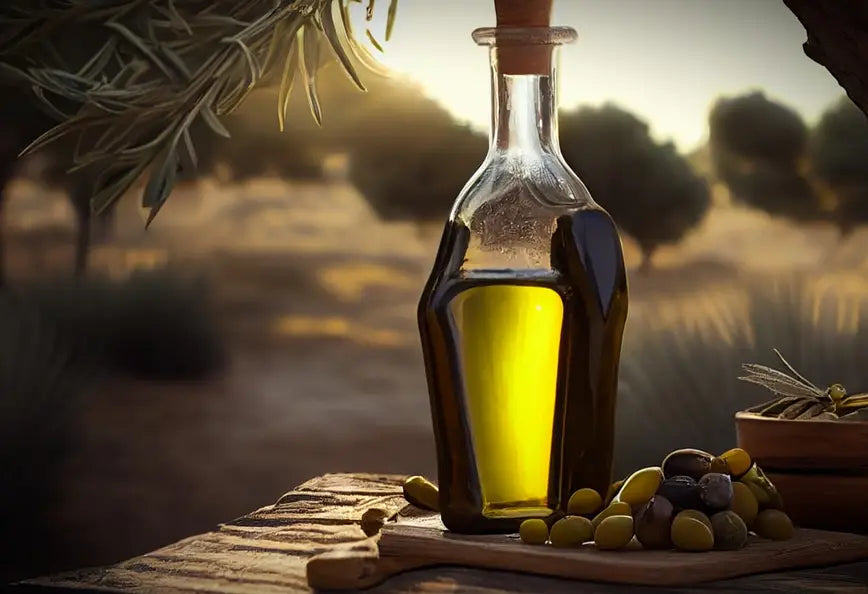Organic olive oil is more than just a cooking ingredient; it's a testament to sustainable practices and a commitment to well-being. To truly enjoy the benefits of this liquid gold, it's crucial to select the finest organic olive oil. Here are some essential tips to guide your selection:
1. Certification Matters
When shopping for organic olive oil, look for reputable certifications such as USDA Organic or EU Organic. These certifications ensure that the oil has been produced in accordance with strict organic standards, free from synthetic pesticides and fertilizers.
2. Cold Pressed and Extra Virgin
The best organic olive oils are typically labeled as extra virgin and cold pressed. Cold pressing preserves the oil's natural flavors and essential nutrients, resulting in a higher quality product. Look for these terms on the label to ensure you're getting a premium oil.
3. Check the Source
Consider the origin of the olive oil. Single-origin organic olive oils, denoted by the region where the olives were grown, often have distinct flavor profiles. These oils can provide a unique culinary experience, allowing you to explore the nuances of different olive varieties.
4. Look for Packaging Details
Quality organic olive oil is often packaged in dark glass bottles. This helps protect the oil from exposure to light and air, which can degrade its flavor and nutritional content. Additionally, a seal of authenticity or a harvesting date can indicate the freshness of the oil.
5. Read Reviews and Seek Recommendations
Before making a purchase, take the time to read customer reviews and seek recommendations from trusted sources. Learning about others' experiences can provide valuable insights into the flavor, aroma, and overall quality of the olive oil.
By keeping these factors in mind, you can confidently select the finest organic olive oil to elevate your culinary creations and promote a healthier lifestyle.


Leave a comment: